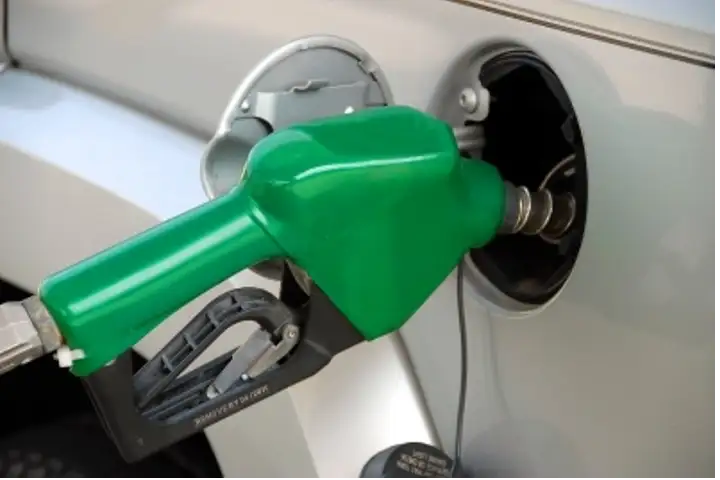Massive protests have erupted in Bangladesh after the Sheikh Hasina government announced fuel price hike by more than a whopping 50 per cent in one stroke —the highest since its independence. The move is aimed at reducing its subsidy burden but it will significantly push up inflation.
While serpentine queues could be seen at almost all fuel stations in the country following the announcement of the decision, citizens also resorted to blocking roads at several places. The decision also hit the public transport system as several buses remained off road, inconveniencing commuters.
A chunk of Bangladesh’s expenses is directed towards supporting subsidies for fossil fuels and electricity. A litre of petrol now costs 130 taka – an increase of 44 taka or 51.1 per cent. Prices of diesel and kerosene have now gone upto 114 taka ($1.20) per litre — a 43-per cent hike.
Amid rising economic uncertainty, Dhaka recently reached out to the International Monetary Fund (IMF) for financial assistance.
Also read: Bangladesh now third South Asian country to turn to IMF for assistance
According to reports, Dhaka is negotiating for a $4.5 billion loan with the multilateral agency.
“Whatever you say, when the IMF or World Bank is suggesting reformation in the financial sector, they basically are advising to follow their guidelines, which are always against subsidies,” local news organisation Benar News quoted Bangladesh’ Planning Minister M. A. Mannan as saying.
Bangladesh’s foreign exchange reserves have been depleting rapidly. Its foreign exchange reserves stood at $39.48 billion as of July 27 compared to $45.7 billion a year earlier.
Last month, Bangladesh Prime Minister Sheikh Hasina stressed the need for lifting US imposed sanctions on Russia.
“Your sanctions are targeted at pressuring Russia. But to what extent are they feeling the pressure?.. All countries irrespective of status – developed, developing and low-income countries – have been suffering,” she said, adding that her country needs fuel and fertilizer.




















